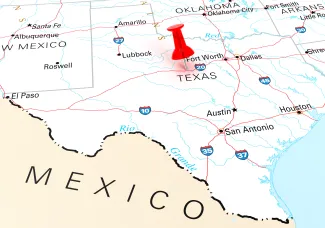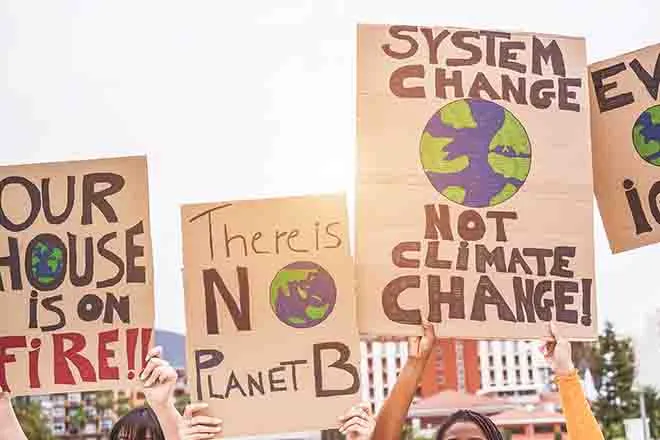
Report finds poor working conditions in Texas clean energy industry
© iStock
Click play to listen to this article.
(Texas News Service) A new study showed as Texas has emerged as a national leader in wind turbine and solar energy installations, clean energy workers often face dangerous working conditions and unequal pay.
The report from a pair of advocacy groups found few Texas job sites are unionized and workers often receive low pay and lack access to benefits like health insurance, workers' compensation and retirement plans.

Bo Delp, executive director of the Texas Climate Jobs Project, said with unions on the rise in Texas and elsewhere, clean energy job sites need to give workers a voice in determining their working conditions.
"We know unionized workplaces have fewer accidents and have less income and racial inequality," Delp pointed out. "One of the things that's needed is for policymakers and for employers to lean in to that support for collective bargaining that we're seeing across the country."
The report was produced by the Texas Climate Jobs Project and the Cornell University Climate Jobs Institute. The U.S. Bureau of Labor Statistics said while union membership is on the rise in Texas, it remains one of the least unionized states. As a so-called "right to work" state, Texans do not have to join a union to get a job.
The report found work-related injuries are common on industrial-scale work sites, including those where solar panels and wind turbines are installed.
Avalon Hoek Spaans, assistant research director for the Climate Jobs Institute at Cornell University and the study's co-author, said the research showed there were often few work rules designed to prevent injuries on job sites.
"One in four workers have experienced work-related injuries on a clean energy Texas worksite and almost half of all workers surveyed have suffered a heat-related illness," Hoek Spaans reported. "Forty-eight percent of our sample had experienced a heat-related illness, 26 percent an injury, and 7 percent saw a fatality."
The study also found rampant racial inequality on job sites, with Black workers making an average of $8,500 a year less than white workers, Spanish speakers made $5,900 less and women made $2,700 less. Workers also said employers often refuse to pay overtime.
















